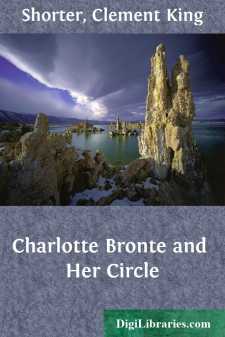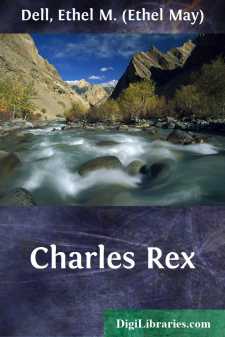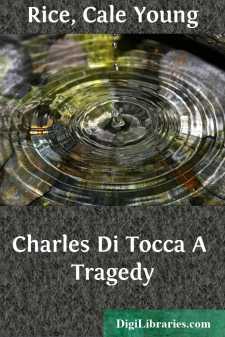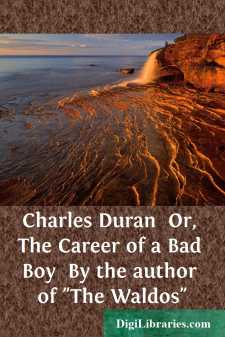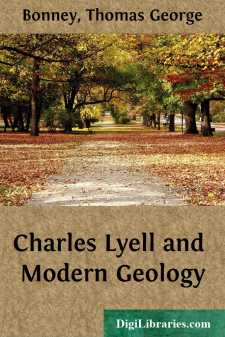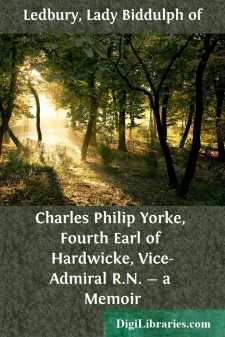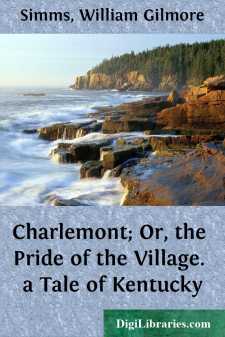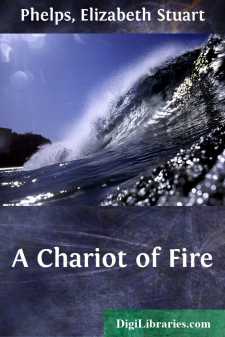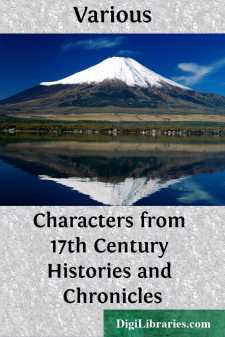Categories
- Antiques & Collectibles 13
- Architecture 36
- Art 48
- Bibles 22
- Biography & Autobiography 813
- Body, Mind & Spirit 142
- Business & Economics 28
- Children's Books 15
- Children's Fiction 12
- Computers 4
- Cooking 94
- Crafts & Hobbies 4
- Drama 346
- Education 46
- Family & Relationships 57
- Fiction 11829
- Games 19
- Gardening 17
- Health & Fitness 34
- History 1377
- House & Home 1
- Humor 147
- Juvenile Fiction 1873
- Juvenile Nonfiction 202
- Language Arts & Disciplines 88
- Law 16
- Literary Collections 686
- Literary Criticism 179
- Mathematics 13
- Medical 41
- Music 40
- Nature 179
- Non-Classifiable 1768
- Performing Arts 7
- Periodicals 1453
- Philosophy 64
- Photography 2
- Poetry 896
- Political Science 203
- Psychology 42
- Reference 154
- Religion 513
- Science 126
- Self-Help 84
- Social Science 81
- Sports & Recreation 34
- Study Aids 3
- Technology & Engineering 59
- Transportation 23
- Travel 463
- True Crime 29
Sort by:
PRELIMINARY: MRS. GASKELL In the whole of English biographical literature there is no book that can compare in widespread interest with the Life of Charlotte Brontë by Mrs. Gaskell. It has held a position of singular popularity for forty years; and while biography after biography has come and gone, it still commands a place side by side with Boswell’s Johnson and Lockhart’s Scott. As far as...
more...
CHAPTER I ENNUI "I shall go to sea to-morrow," said Saltash, with sudden decision. "I'm tired of this place, Larpent,—fed up on repletion." "Then by all means let us go, my lord!" said Larpent, with the faint glimmer of a smile behind his beard, which was the only expression of humour he ever permitted himself. "Believe you're fed up too," said Saltash,...
more...
by:
Walter Jerrold
CHARLES LAMB THE STORY OF HIS LIFE Charles Lamb's biography should be read at length in his essays and his letters—from them we get to know not only the facts of his life but almost insensibly we get a knowledge of the man himself such as cannot be conveyed in any brief summary. He is as a friend, a loved friend, whom it seems almost sacrilegious to summarize in the compact sentences of a...
more...
by:
Cale Young Rice
ACT ONE Scene.—The Island Leucadia. A ruined temple of Apollo near the town of Pharo. Broken columns and stones are strewn, or stand desolately about. It is night—the moon rising. Antonio, who has been waiting impatiently, seats himself on a stone. By a road near the ruins Fulvia enters, cloaked.Antonio(turning): Helen——!Fulvia:A comely name, my lord.Antonio:Ah, you?My father's...
more...
by:
Unknown
CHAPTER I. Before giving the history of Charles Duran's birth, life, and early death, I will partially describe his father's residence. It was situated in the town of ——, in the State of Connecticut, and about six miles from the west bank of the beautiful Connecticut river. The house stood on a level road, running north and south, and was about one mile from the centre of the town. Mr....
more...
CHAPTER I. Caledonia, stern and wild, may be called "meet nurse" of geologists as well as of poets. Among the most remarkable of the former is Charles Lyell, who was born in Forfarshire on November 14th, 1797, at Kinnordy, the family mansion. His father, who also bore the name of Charles, was both a lover of natural history and a man of high culture. He took an interest at one time in...
more...
CHAPTER I THE YORKE FAMILY The family of Yorke first came into prominence with the great Chancellor Philip Yorke, first Earl of Hardwicke. This remarkable man, who was the son of an attorney at Dover, descended, it is claimed, from the Yorkes of Hannington in North Wiltshire, a family of some consequence in the fifteenth and sixteenth centuries, was born in that town in the year 1690, and rose from a...
more...
The domestic legend which follows, is founded upon actual events of comparatively recent occurrence in the state of Kentucky. However strange the facts may appear in the sequel—however in conflict with what are usually supposed to be the sensibilities and characteristics of woman—they are yet unquestionably true; most of them having been conclusively established, by the best testimony, before a...
more...
A CHARIOT OF FIRE When the White Mountain express to Boston stopped at Beverly, it slowed op reluctantly, crashed off the baggage, and dashed on with the nervousness of a train that is unmercifully and unpardonably late. It was a September night, and the channel of home-bound summer travel was clogged and heaving. A middle-aged man—a plain fellow, who was one of the Beverly passengers—stood for a...
more...
by:
Various
I. The Beginnings. The art of literary portraiture in the seventeenth century developed with the effort to improve the writing of history. Its first and at all times its chief purpose in England was to show to later ages what kind of men had directed the affairs and shaped the fortunes of the nation. In France it was to be practised as a mere pastime; to sketch well-known figures in society, or to...
more...


